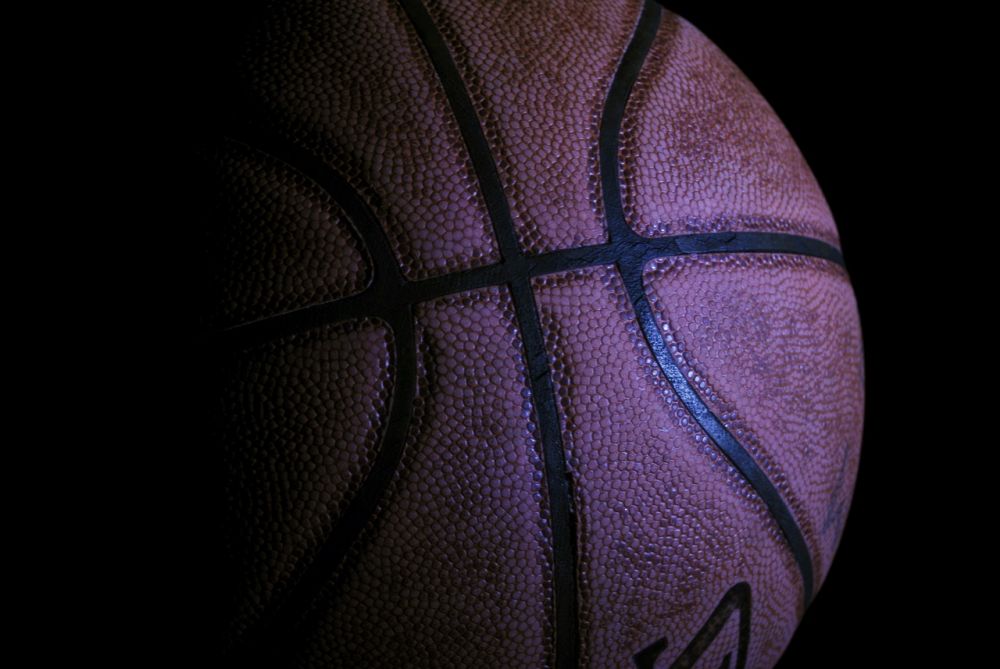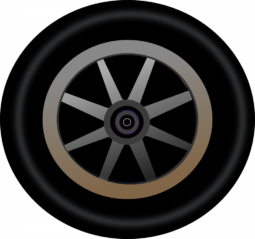Basketball Ball – The Ultimate Guide

Introduction
The basketball ball is the pivotal component of the beloved game of basketball. In this comprehensive guide, we will explore the intricacies of basketball balls, including their types, popularity, quantitative measurements, differences, and historical evolution. Whether you are a casual fan or a seasoned player, this article aims to provide a deep understanding of the basketball ball.
What is a basketball ball?

A basketball ball is a spherical object specifically designed for basketball play. It typically consists of an inflated rubber bladder covered with a layer of synthetic or genuine leather. The ball’s circumference is 29.5 inches (size 7) for men’s professional and college basketball, while women’s basketball utilizes a slightly smaller size, 28.5 inches (size 6). The basketball ball’s weight ranges from 20 to 22 ounces, ensuring optimal control and maneuverability during the game.
Types of basketball balls
There are various types of basketball balls available, catering to different playing needs and environments. The most prevalent types include indoor basketballs, outdoor basketballs, and training basketballs. Indoor basketballs are specifically designed for indoor courts, with a focus on enhanced grip, bounce, and overall performance. Outdoor basketballs, on the other hand, are built to withstand the rigors of rough outdoor surfaces, featuring durable materials and weather-resistant properties. Training basketballs emphasize skill development, often incorporating innovations like color-coded panels or added weight for better grip and control.
Popularity of basketball balls
Basketball balls are immensely popular worldwide. The sport of basketball has a massive following, attracting millions of players and fans alike. The popularity of basketball balls is evident from their presence in various leagues, tournaments, and street games. From amateur to professional levels, basketball balls are cherished possessions, representing the essence of the game.
Quantitative measurements of basketball balls
Basketball balls undergo rigorous testing to meet specific standards and measurements. The official size and weight mentioned earlier ensure consistency and fairness in the game. The inflation pressure of a basketball ball is another crucial quantitative measurement, with a range of 7.5 to 8.5 pounds per square inch (psi) for optimal performance. Additionally, the bounce characteristics, grip, and overall feel of the ball are meticulously measured during testing to ensure quality and player satisfaction.
Differences between basketball balls
Basketball balls can differ in several aspects, including material, design, and construction. Synthetic leather balls offer durability and consistent performance, making them suitable for both indoor and outdoor play. Genuine leather balls provide a premium feel and superior grip, favored by professional players and basketball enthusiasts. Moreover, the design of the ball, such as the number of panels, also affects its characteristics. Traditional basketball balls typically feature eight panels, while newer designs may incorporate six or even four panels for enhanced grip and shooting accuracy.
Historical overview of basketball balls
Throughout history, basketball balls have evolved significantly to optimize gameplay. Early basketballs were made of leather panels stitched together, resembling a traditional soccer ball. Over time, advancements in manufacturing techniques led to more durable and standardized basketball balls. In the mid-20th century, synthetic materials like rubber gained popularity, revolutionizing ball construction and performance. The adoption of new materials and design innovations continues to this day, with a constant focus on improving player experience and enhancing game dynamics.
Benefits and drawbacks of different basketball balls
Different basketball balls offer distinct advantages and disadvantages. Synthetic leather balls provide durability but may lack the premium feel of genuine leather. Genuine leather balls offer superior grip and feel but require regular maintenance and are more prone to wear and tear. Outdoor basketballs are built to withstand rough surfaces but may sacrifice some indoor performance characteristics. Training basketballs may assist in skill development but may not replicate the exact feel of a game ball. Players must consider their preferences and playing environment when selecting a basketball ball.
Conclusion
The basketball ball is the lifeblood of the game, enabling players to showcase their skills and participate in the exhilarating sport of basketball. Understanding the nuances and characteristics of basketball balls is essential for players, coaches, and fans alike. From the types of basketball balls available to their historical evolution and quantitative measurements, this guide has provided a comprehensive overview of this vital component of the game. Whether you’re shooting hoops in a neighborhood court or watching your favorite team’s championship game, the essence of basketball can always be felt in the unique design and characteristics of the basketball ball.
FAQ
What are the different types of basketball balls?
What are the official measurements of a basketball ball?
What are the advantages of synthetic leather basketball balls compared to genuine leather balls?
Flere nyheter
Fotograf Ålesund visuelle historier fra kystbyen
Introduction The basketball ball is the pivotal component of the beloved game of basketball. In this comprehensive guide, we will explore the intricacies of basketball balls, including their types, popularity, quantitative measurements, differences, ...
03 mars 2026
Mekaniker offshore slik ser arbeidshverdagen ut
Introduction The basketball ball is the pivotal component of the beloved game of basketball. In this comprehensive guide, we will explore the intricacies of basketball balls, including their types, popularity, quantitative measurements, differences, ...
02 mars 2026
Felger som løfter både bil og kjøreopplevelse
Introduction The basketball ball is the pivotal component of the beloved game of basketball. In this comprehensive guide, we will explore the intricacies of basketball balls, including their types, popularity, quantitative measurements, differences, ...
19 februar 2026
Utdanning til helsefagarbeider – veien til fagprøve
Introduction The basketball ball is the pivotal component of the beloved game of basketball. In this comprehensive guide, we will explore the intricacies of basketball balls, including their types, popularity, quantitative measurements, differences, ...
13 februar 2026











